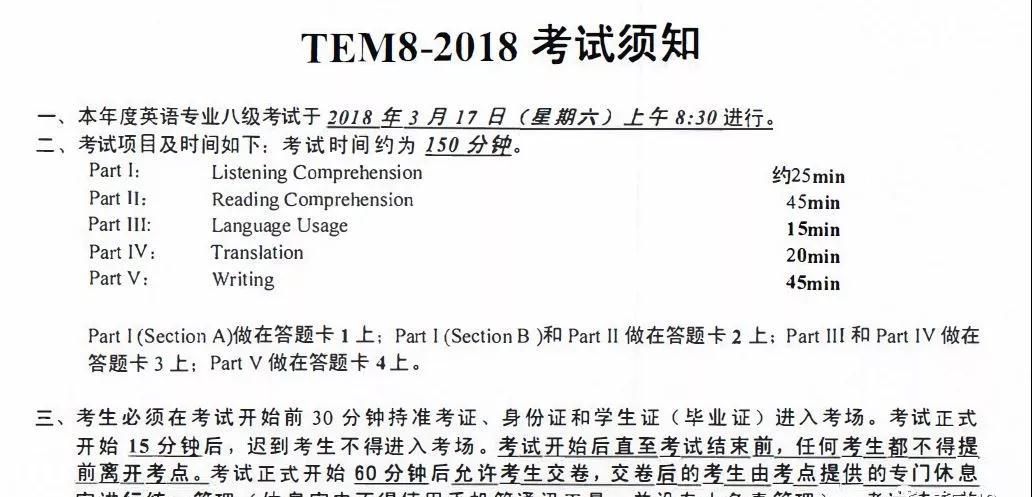Housing market slows in US
|
This is the VOA Special English Economics Report. On Wednesday, the United States Federal Reserve chose to keep its target interest rate unchanged at 5.25 percent. The Federal Open Market Committee said a main reason for its decision was the slowing housing market. The housing industry is one of the most important parts of the United States economy. Economists consider it an important sign of the country's economic health. The number of new building permits for new private housing is one of the Leading Economic Indicators. The Conference Board, a major business group, publishes this measure to estimate the future direction of the economy. The government says about one million seven hundred thousand building permits were given out in August. This is a 2 percent drop from July. But, it is a 22 percent drop from August of last year. The National Association of Home Builders represents the home building industry. It estimates that the total number of new houses built will decrease by about 12 percent this year and next year. As fewer new homes are being built, existing homes are going unsold for longer periods of time. The government reports that the number of existing homes remaining on the market has increased by almost 40 percent in the last twelve months. At the same time, home ownership remains high at almost 69 percent of American families. The large supply of houses on the market has helped keep interest rates for home loans below 6.5 percent. And average prices for new and existing homes have even dropped a little. Home building is closely linked to many other parts of the economy. Home building affects labor, manufacturing and the financial industries. Businesses providing building materials are an example. Huge stores like Home Depot and Lowes depend on homebuilders and homeowners to buy tools, supplies and other goods. Ownership shares in these companies have dropped in value by more than ten percent this year. Most experts expect declining home sales to slow the economy in the near future. They estimate economic growth in the second half of the year to be between two and three percent. And that's the VOA Special English Economics Report. Transcripts and archives are at www.unsv.com. I'm Mario Ritter. |








